Partner with NASA SBIR Companies
Partners get access to 5000+ competitively vetted, cutting-edge technologies!
Register as a PartnerExample Innovations
This Platform hosts technologies from all 17 NASA Technology Taxonomy categories. Click on a category to see related technologies. Register as a Partner to gain access to these technologies, the innovators, and more.
Propulsion Systems
Flight Computing and Avionics
Aerospace Power and Energy Storage
Robotic Systems
Communications, Navigation, and Orbital Debris Tracking and Characterization Systems
Human Health, Life Support, and Habitation Systems
Exploration Destination Systems
Sensors and Instruments
Entry, Descent, and Landing
SBIR/STTR Program
$4B+
Awarded since 1982
18K
Awards to over 3,500 firms
What is the NASA SBIR/STTR Program?
The NASA Small Business Innovation Research / Small Business Technology Transfer (SBIR/STTR) program is part of America's Seed Fund, the nation's largest source of early-stage non-dilutive funding for innovative technologies. Through this program, entrepreneurs, startups, and small businesses with less than 500 employees can receive funding and non-monetary support to build, mature, and commercialize their technologies, advancing NASA missions and helping solve important problems facing our country. Whether your destination is the Moon, Mars, or the marketplace, the NASA SBIR/STTR program wants to help get you there!
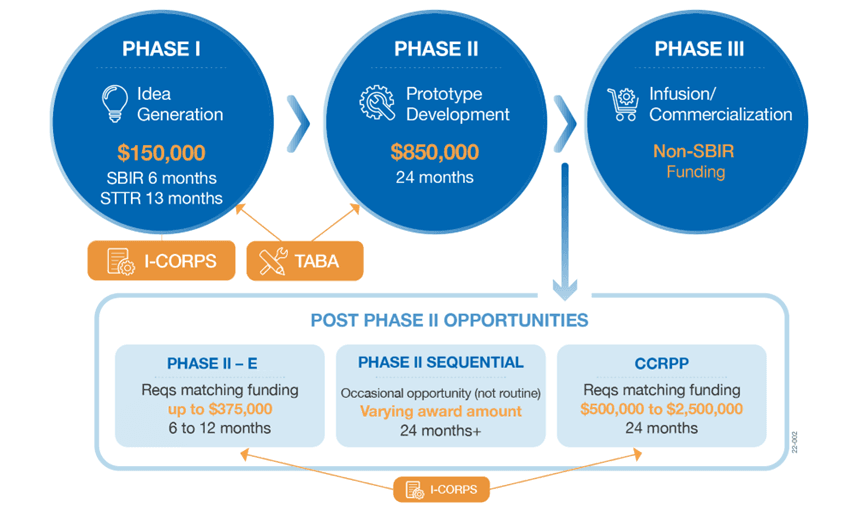

You’re in the right place.
Our platform is built to help commercialization partners—including TABA providers—find, evaluate, and collaborate with SBIR-winning small businesses. If you deliver Technical and Business Assistance, you’ll find tools here that streamline discovery, outreach, and ongoing engagement. Browse relevant award histories, surface technology fits, and coordinate touchpoints with teams that are ready to move from research to real-world impact.
Whether you engage early for Phase I/II guidance or dive in as a commercialization catalyst, you’re a core partner. Welcome.
Program Schedule
Find recent & future opportunities across the program
Last Updated: 1/1/70 | All dates are subject to change | Schedule organized by Close Date
| Opportunity | Open Date | Close Date | Selection Announcement |
|---|---|---|---|
| Loading schedule… | |||
Success Stories
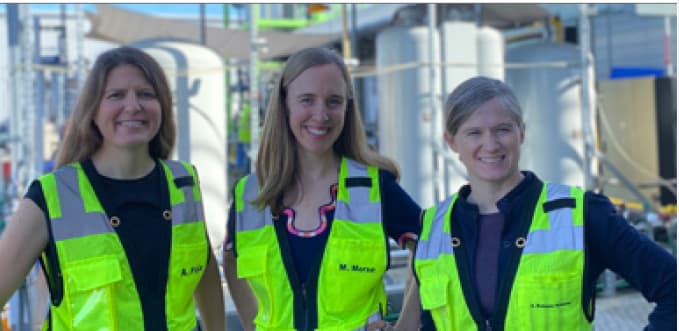
Mango Materials & Colorado School of Mines
Mango Materials, a women-owned small business, has developed a system to transform methane into biopolymers—plastic alternatives made from biodegradable materials.
On Earth, this innovation not only creates a plastic substitute but also recycles methane—a greenhouse gas contributing to climate change. In space, this technology could support sustained presence on Mars by printing tools and providing a binding agent for regolith construction on the planet, reducing the need for shipments from Earth.
INNOVATION
Biodegradable plastic alternative made from methane waste gas
YEAR OF FIRST AWARD
2012
LOCATION
San Francisco, California
NUMBER OF EMPLOYEES
25
COMPANY WEBSITE
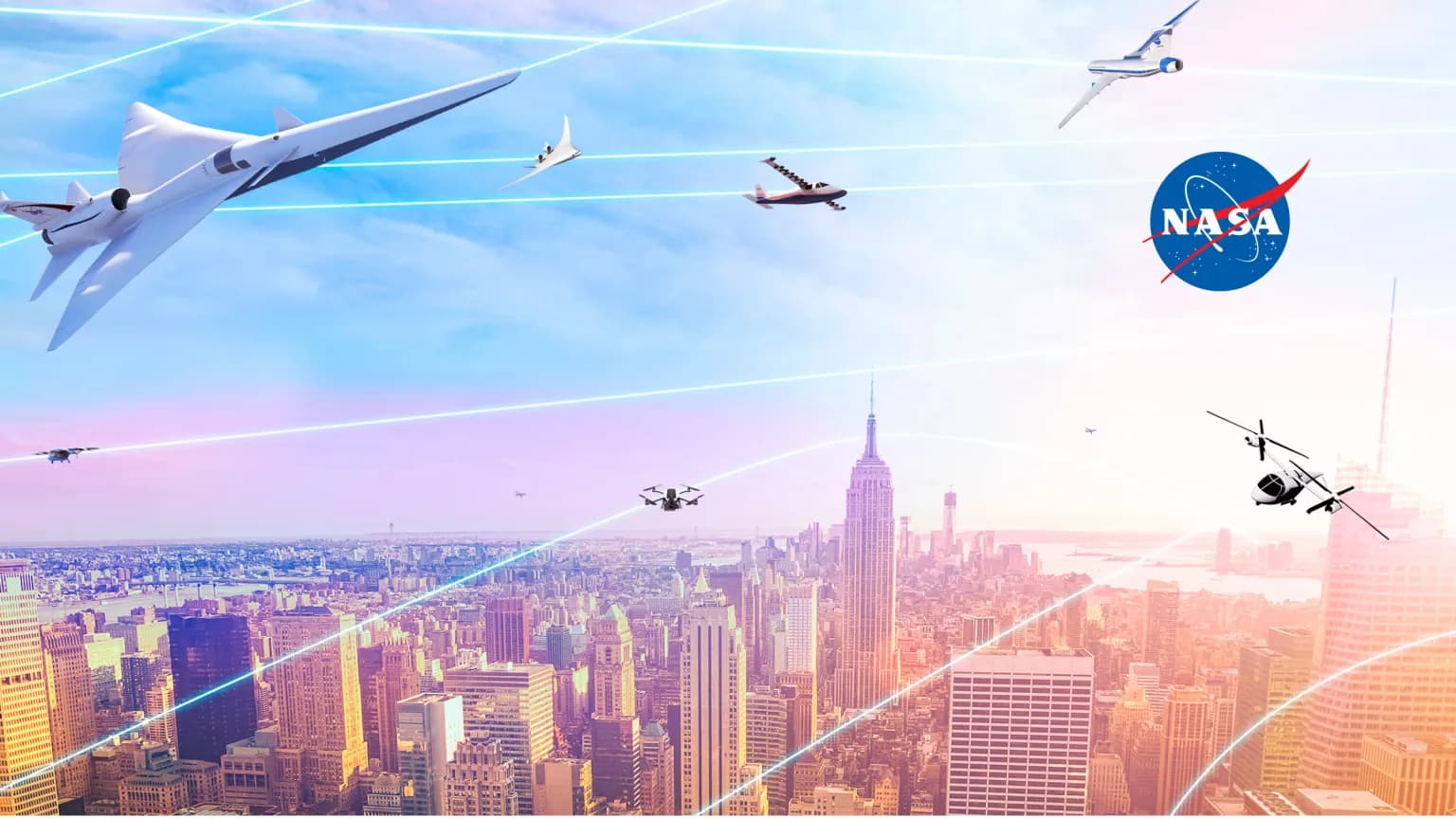
Spectral Energies
Spectral Energies is developing a pulse-burst laser system, a technology that helps test new designs for a space vehicles or commercial aircrafts. Researchers use wind tunnels — controlled environments that simulate the wearing conditions of being in the sky — when testing new designs. Spectral energies’ technology provides detailed video data of how wind moves around the new designs showing whether they are effective and safe.
This technology could cut millions of dollars from the approval of new commercial aircrafts, allowing new, faster, and cheaper planes to be available for passengers.
INNOVATION
Pulse burst laser systems that improve aeronautics testing
YEAR OF FIRST AWARD
2007
LOCATION
Beavercreek, Ohio
NUMBER OF EMPLOYEES
37
COMPANY WEBSITE
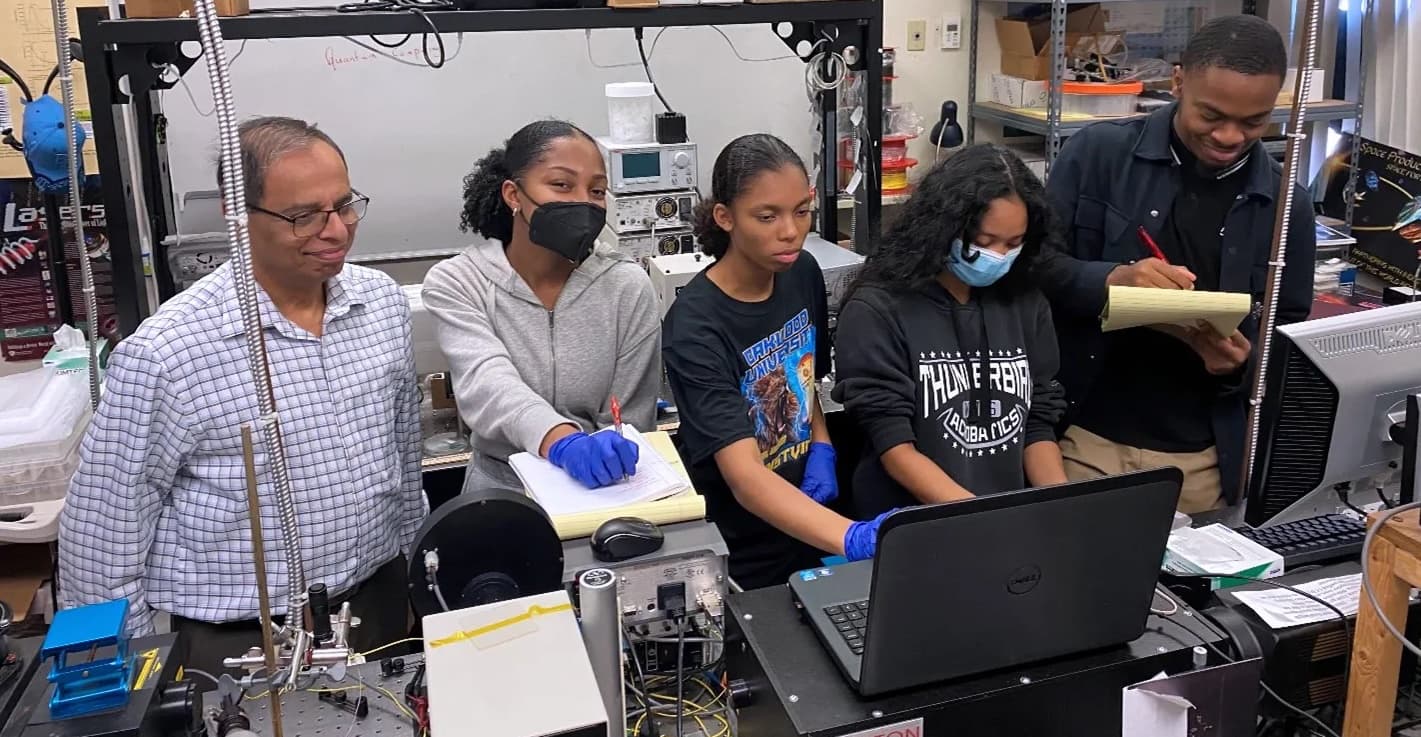
Oakwood University & SSS Optical Technologies
The innovative team composed of Oakwood University, SSS Optical Technologies, and subcontractor Regher Solar, is developing a UV protective coating for photovoltaic solar cells in space. Solar cells convert sunlight into energy but can suffer damage from UV rays.
Oakwood University, a Historically Black College based in Huntsville, Alabama, entered the SBIR/STTR arena after participating in M-STTR, now MPLAN, an initiative enabled by NASA’s Space Technology Mission Directorate (STMD) and NASA’s Office of STEM Engagement’s Minority University Research and Education Project (MUREP).
INNOVATION
UV protective coating for photovoltaic solar cells in space
YEAR OF FIRST AWARD
2021
LOCATION
Huntsville, Alabama
NUMBER OF EMPLOYEES
3
COMPANY WEBSITE
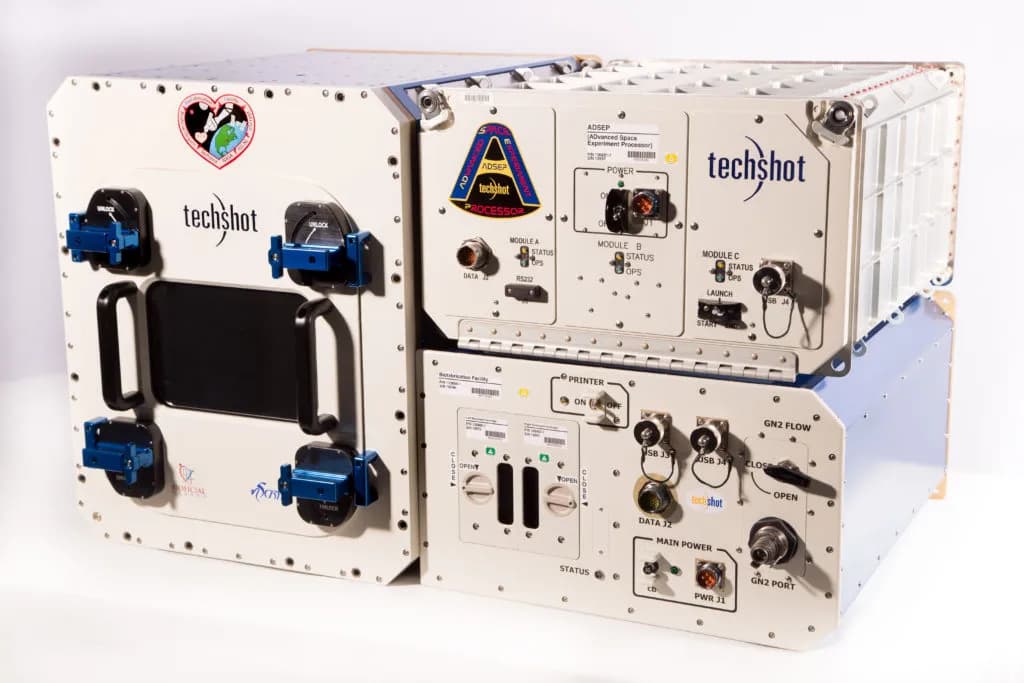
Techshot (acquired by Redwire)
Techshot, who obtained their first SBIR award in 1991, has been a trailblazing innovator in the realm of bioprinting — 3D printing with organic materials like cells. On Earth, the effects of gravity cause bio printed materials to sag and disform under their own weight. One solution is to give them structure is using non-organic materials, however these can harm the printed tissue. Techshot’s solution to keep gravity from deforming the tissues was to print them in space.
Through multiple NASA SBIR awards, Techshot developed a strong connection to NASA which allowed the firm to access the International Space Station (ISS). On 2019 they launched their innovations, the BioFabrication Facility (BFF) and the Advanced Space Experiment Processor (ADSEP), to the ISS. BFF and ADESEP have successfully completed knee meniscus tissue — which the human body has a hard time regenerating — and printed a large volume of human heart cells.
INNOVATION
3D printing with cells in space
YEAR OF FIRST AWARD
1991
LOCATION
Greenville, Indiana
NUMBER OF EMPLOYEES
50
COMPANY WEBSITE